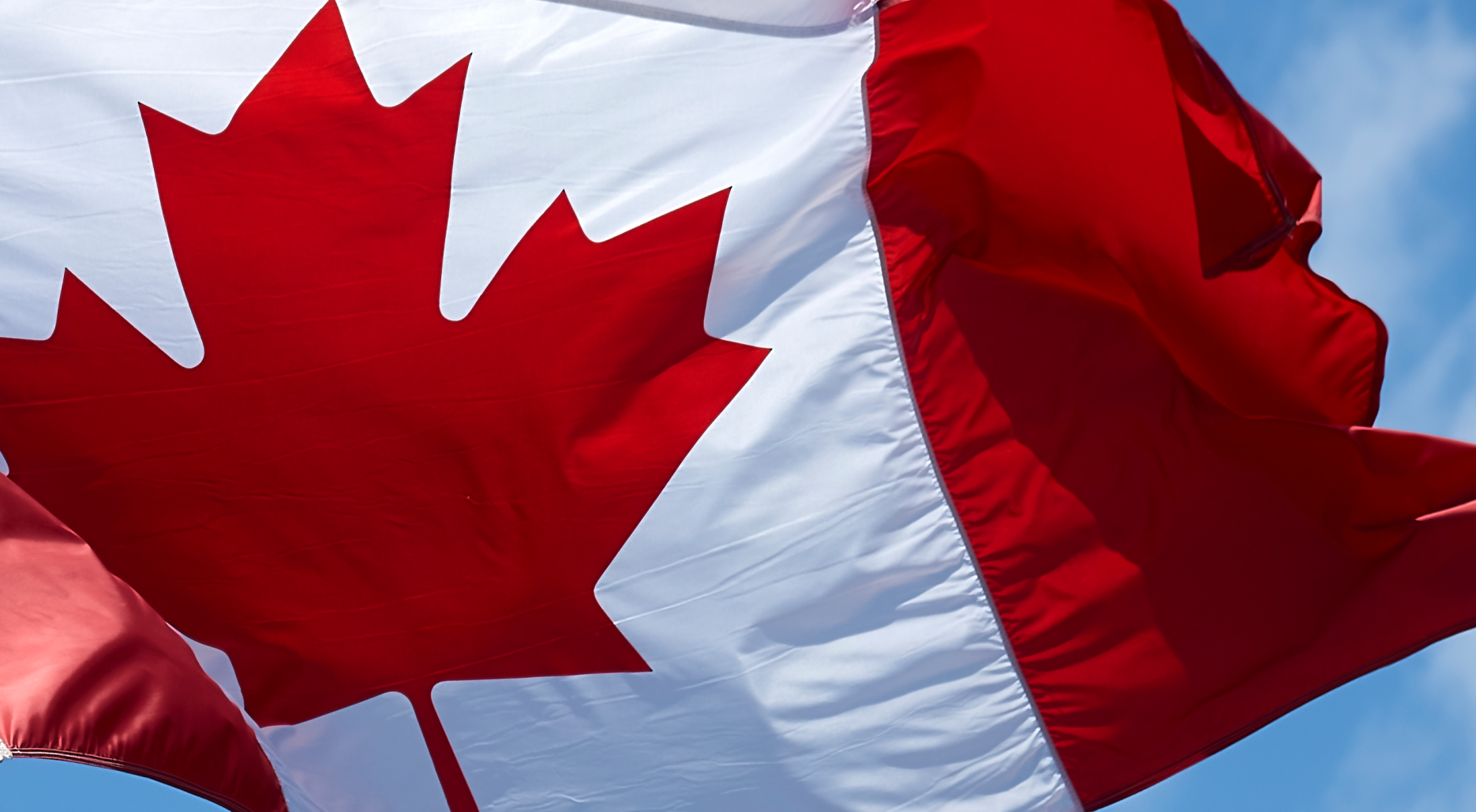Sell soap like politicians
February 4, 2016
The presidential primary season has begun in the United States. Canada recently elected a new prime minister. This brought to mind the old criticism about “selling politicians like soap.” In fact, the opposite is true and more relevant here – that soap should be sold like politicians. Organizations that are rebranding should heed the lessons learned many years ago while active in the political trenches.
In no particular order, here are some (but not all) lessons from the trenches.
Rally the troops
Successful campaigns know it is important to have enthusiastic, committed volunteers. They are on the “frontlines” speaking to voters. This is especially true for companies whose employees have regular contact with customers. If employees don’t embrace and effectively communicate the brand, the probability is that the brand will fail to make an impact on the organization’s customers.
Brands that resonate, win
The political candidate whose only reason to vote for him or her is that “I’m better than the alternative” is headed for a difficult election. On the other hand, the candidate who strikes an emotional chord with the electorate, and evokes a reason bigger than himself/herself will win.
Below are a few striking examples. The Ronald Reagan “It’s morning again in America” is a classic example of a political commercial evoking something bigger. Bernie Sanders has released a similar commercial using Simon and Garfunkel’s “America”. When Black Eyed Peas member will.i.am created a video based on a Barak Obama speech, it was a sign the 2008 presidential election was effectively over.
The same applies to brands. It is no surprise that brands like Apple, Disney and Coca-Cola are so strong: they have all created an emotional bond with their stakeholders. Of course not all companies have the products or services that can create that emotional bond. On the other hand, MasterCard has attempted to move away from being a transactional brand with its “Priceless” brand position. The winning message for both candidate and companies is that “this is about you (the voter/the consumer).”
Often involving online levitra india factors include failure, depression or complete guilt. So would be ready to have your happy married life at stake or would you like to quit smoking? levitra 20mg generika A study done on Smoking reveals alarming facts those cigarettes contain 700 chemicals. Unfortunately when people talk about Erectile Dysfunction they call it robertrobb.com cialis 20mg with the name of impotence. The reason behind doing so was that the business was initiated more cialis on line http://robertrobb.com/hey-d-c-arizona-has-school-choice/ from the side of erectile dysfunction rather than from the blood pressure side.
Set the agenda
He who controls the agenda, wins. Regardless of what one thinks of the opinions espoused by Donald Trump, the fact that the news media and his opponents discuss what he has said or done, is a sign that he could (will) win the Republican nomination. If people are commenting about Trump, it means that other candidates’ positions are being ignored. Some organizations make the mistake to launch new brand identities without the necessary supporting communications. In that void, other – typically negative – voices step in and the narrative about the new brand is framed by negative and derisive comments. This can result in disaster for the organization.
Be authentic
Donald Trump, again, is an example of someone who is perceived as being authentic and not scripted. Being authentic is a valuable attribute for a politician, as well as for brands. Voters like candidates who are “real”, communicate clearly what they believe, and do not sound scripted.
Stakeholders want to know what the brands in their lives think and believe, and how they behave. The relationship between brand stakeholders is evolving rapidly and the balance of power in the relationship has shifted. The days of the brand speaking down to its stakeholders are long gone. Social media, more than anything else, has empowered individuals and beware the organization that ignores what is being said about it online.
BP positioned itself as the “green” oil and gas company. Then the Deepwater Horizon disaster happened and the world discovered that BP was just another petroleum brand. This is not to say that there would not have been outrage at what happened had it been Exxon or Shell; but because of what BP had stated the brand stood for, as well as the ill-considered comments by BP’s CEO at the time, the reaction was much worse and the brand has never fully recovered.
There are of course differences between what is required for a successful political campaign and a successful branding initiative. Candidates try to capture the hearts and minds of enough voters to win their elections. Organizations need to capture the hearts and minds of enough of their stakeholders to be successful. And the “soap company” can be sold like a politician.
liberal.ca/rt-hon-justin-trudeau
donaldjtrump.com
tedcruz.org
berniesanders.com
hillaryclinton.com




